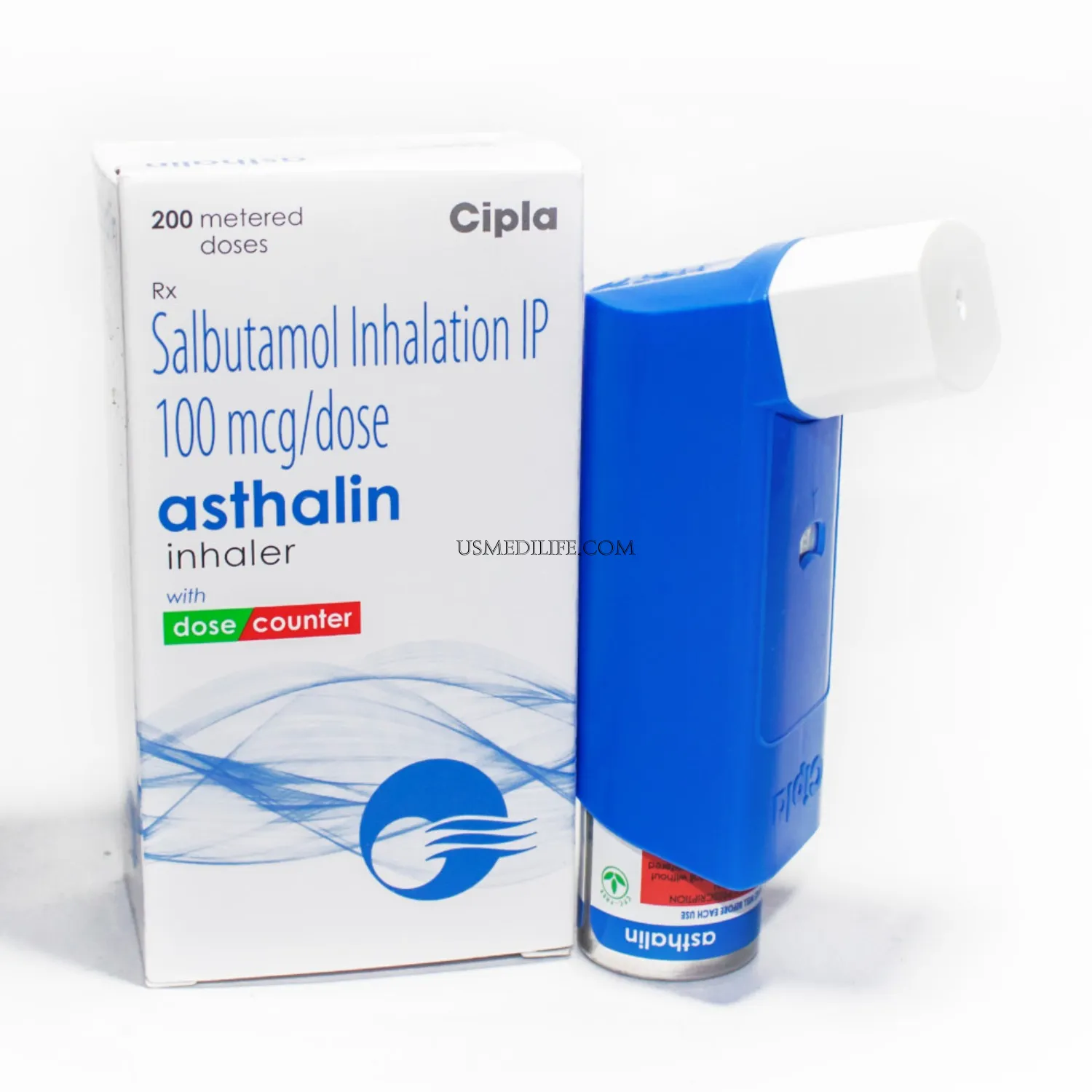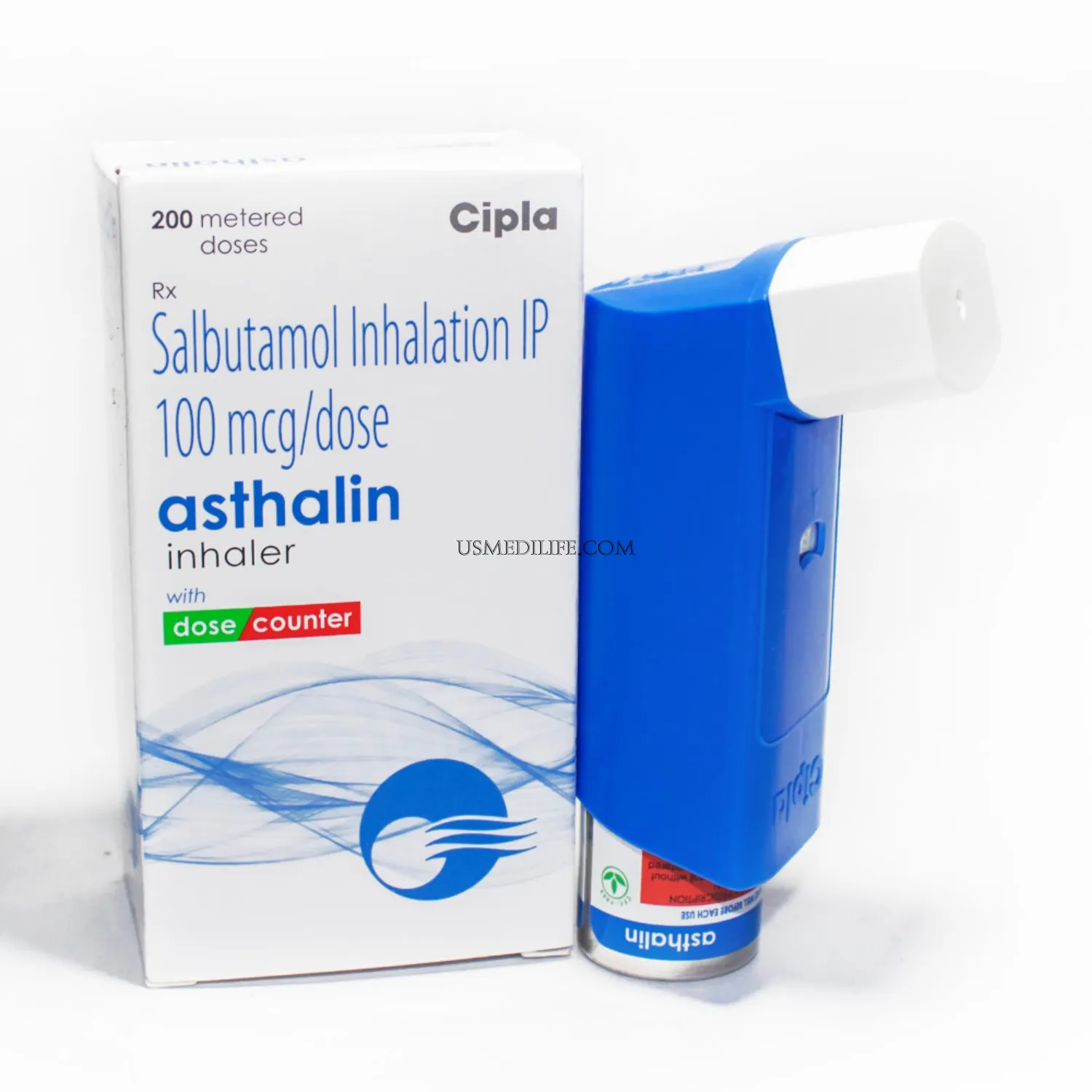Product Grid
Asthma
Asthma
The symptoms and diagnosis of Asthma may vary. However, the most common of them are narrowing of the airways, swelling and sometimes extra production of mucus.
This can make inhalation hard and it can even be a way to cause a whistling sound during the outbreath and shortness of breath.
For some individuals, asthma is just a mere annoyance that can be really, really bad. Some people have a serious problem that harms their normal functions and may be worse up to the extent of causing an asthma attack.
Chronic diseases like asthma can't be cured, but there are treatments that help people manage their symptoms.
Since asthma is given to change over time; therefore, the line between doctor-patient relationship becomes very thin with monitoring of your signs and symptoms which doctor will help you adjust and change the line of treatment needed as indicated.
What is an asthma attack?
In general, the muscles around these airways loosen up, enabling air to move easily and gently. During an asthma attack, three things can happen:
Bronchospasm
The muscles around the air passage contract. The tightened airway restricts the flow of air through it. Constricted airways block the airway lumen and hinder the flow of air.
Inflammation
The inflammation clogs the inner space of your airways. The clogged airway prevents sufficient inhalation and exhalation.
Mucus production
The body's response during the attack involves an increase in mucus production. The enzyme causes congestion of mucus in the areas.
As you breathe, the airways tighten and produce a sound known as wheezing. The airways are much tighter than normal when you exhale. An asthma attack can be referred to as a quick exacerbation or a flare-up. In this case, it seems like it is not being managed well enough, hence the name.
Symptoms of asthma
The main symptoms of asthma are:
The puffing noise (wheezing) is made during intake and capability of exhale.
Breathlessness Breathing with a band around your chest could make you panic and cause the rush of astringent feeling of quenching a thirst and the band "across the chest".
Coughing Moreover, anxiousness may reconfirm complete breakdown of mental health as a persistent and recurring symptom. Its most famous name is an attack of such breathing.
Causes and triggers of asthma
Among the most probable factors that prompt the disease is the excessive inflammation happening in the respiratory mucosa, which is a membranous lining inside the bronchi.
A spasm that is small in nature is the end result. Afterwards, these spasms lead to a tightening band of the tubes and their cell bodies collapse for a period of time.
Among other things, a consumer query would also be very popular when it is found/prevalent (hit).
Common asthma triggers include:
- Certain substances inhaled can trigger allergic reactions like hayfever, dust, animal or pollino allergy (e.g.).
- Gases, smoke particles, and air of winter days.
- Exercise
- It has the capability to cause a runny nose, flu, or any other kind of infection.
Knowing what triggers to watch out for and avoid is all about not letting your asthma act up, which then causes you to lose control over it.
How Is Asthma Diagnosed?
The medical professionals measure your lung capacity using spirometers to inform about your lung capacity.
They perform assays to identify whether your airways exhibit a response to a given inhalation. This test gives them a chance to expose you to issues such as allergens or treatments such as the ones that contract the muscles within your airways. They perform spirometry as the first test and also perform it afterward.
They conduct PEF rate (peak expiratory flow) tests to determine the speed and volume of air that you can blow out using your maximum effort.
They perform FeNO (fractional exhaled nitric oxide) tests to measure the level of nitric oxide in your breath while breathing out. These tests can determine if changes in inflammation levels are occurring in your lungs. A good amount of nitric oxide may be a sign of your lungs being swollen or having an excess of mucus.
If you have an allergy history, they may perform tests on your skin or blood, respectively. The first tests you may undergo are the ones that determine what allergens trigger the immune response.
Women and Asthma
Pregnant women and non-male individuals assigned male at birth (AFAB) may experience a negative impact on their breathing ability due to pregnancy, menstrual cycle, and menopause. Asthma, which typically arises alongside allergic triggers and other obstacles to fresh air, can paralyze these individuals.
The hormones of women, such as estrogen, can have a similar effect on the airways as allergies and hay fever, as their role in bodily functions is almost identical. However, the estrogen hormone itself does not directly cause the manifestation of asthmatic symptoms. Instead, it is the fluctuation in estrogen levels, known as the seesaw hormone, that inflames the airways.
Many women diagnosed with asthma are highly aware of the seasons and specific allergies that may trigger their symptoms. They should also pay attention to their ovulation cycles, as fluctuations in hormone levels can trigger their airways. Additionally, hormones and other factors during menopause and pregnancy can bring about changes in asthma symptoms, which are also considered.
Asthma during pregnancy and menopause
Menstrual cycles
it can be smooth or chaotic. Remember that your symptoms may worsen right before your period, when your estrogen levels are at their lowest point.
Pregnancy
In pregnancy, the occurrence and severity of asthma can vary. Pregnant individuals with asthma can be divided into three groups: a quarter of patients experience exacerbation, another third experience remission, and the remaining third remain unchanged. Clinicians should always keep in mind that well-controlled asthma does not increase the risk of problems for the mother and child.
Menopause
Menopause is characterized by fluctuations in estrogen levels, with a decrease being the most prominent. This decrease in estrogen levels helps reduce inflammation and limit fluctuations, resulting in the management and reduction of asthma symptoms.
Women with menopause-triggered asthma who are prescribed female hormones should consult their doctors. However, these hormones should be used temporarily and gradually discontinued.

SUGGESTION FORM
PRODUCT REQUEST FORM




px(1).jpg.webp)









